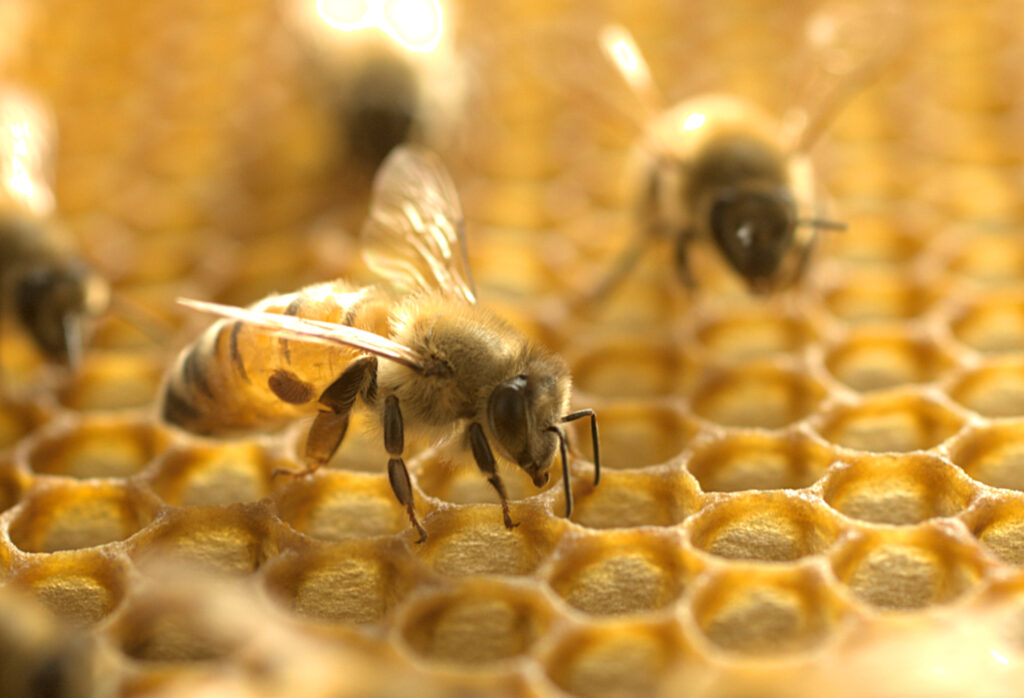My wife volunteered as part of a pollinator study this year. It turns out Colorado is home to about 950 species of bee. Who knew?
Her job is to observe and count the ones that visit our garden and report back to the study. She's done lots of training to help identify and classify them, and as a result, we've learned a lot about our local bees.

Until we take the time to learn about them, we tend to think of bees as generalists, floating from one species of flower to another. But this isn't really the case. Bees specialize.
Some bee species are giants, preferring large flowers, and some are so small they're tough to see. Some bees are solitary, nesting alone in the ground or burrowing into wood. Others have massive hives accommodating thousands. Some bees are parasitic; they sneak into the nests of other bees and lay their eggs. Some, like the Prickly Pear Mining Bee, are found only in very particular conditions. Squash bees, as you might guess, only forage squash flowers. Many species aren't colored in classic black and yellow—there are green bees, black bees, red bees, and more. Some don't even sting.
A common theme emerges among bees. One bee species rarely infringes on the strategy of its neighbor. Each bee in a given area has its particular type of flowers and habitat they're best suited to. They each have their own focus.
Bees specialize for a reason; specialist bees are successful. A specialist bee collects 100% of the pollen from a specific flower species. No other bees can get to that pollen, even if they wanted to, because they lack the specialization to do it.
Bees own their niche.
And so it should be with brands.
When most people start a brand, they think about appealing to as broad an audience as possible. This is 180 degrees backward. The bees prove it.
Starting a new brand is a risky proposition. No one wants to fail at it; failure is scary. We think about appealing to the masses because, in the face of potential failure, it seems safer than the alternative. After all, if we're already struggling to find customers, appealing to a smaller number of people seems like the opposite of what we should do.
When you specialize, you cut out a lot of potential customers. That's true. Don't let the fear of failure convince you that's a bad thing.
The secret is, those aren't your customers.
That thing you're making isn't going to be for everyone. It isn't for the people who get cut out—they were never going to like it anyway.
So what about your customers? The ones you specialize in helping?
By specializing, you earn the privilege of collecting 100% of your pollen. You get to own your niche. Other brands can't get to your customers, even if they wanted to. They lack the necessary specialization.
There are more than enough flower species to go around for all the species of bee. You don't need to spend your time figuring out how to harvest pollen from all of them. Figure out which ones you stand for. Harvest your pollen from them. That's the job.
Take a lesson from bees. Stop generalizing.
Specialize. Own your pollen.